Submitted by Chandra’s father, Dennis Hill
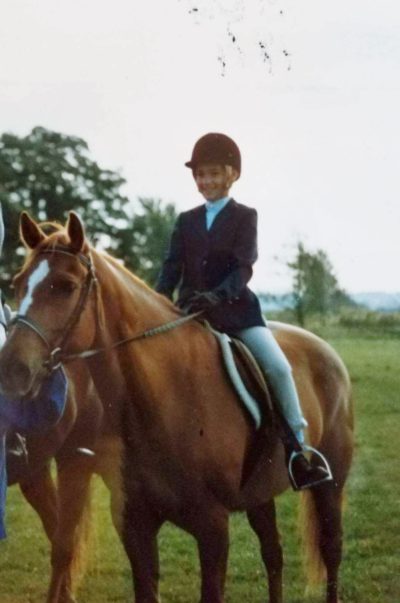
What Chandra was like as a child
She was the lady of the household. She reminded me and her younger brother, Adam, that things needed to be picked up. I know now that it was likely a defense mechanism, to have things in a particular order. I was a warm dad, and I saw she was very pleased in that role, so I let her have fun and take control.
She also had an interest in horses. Her mother signed her up for horse lessons while I worried about the day-to-day. Chandra had a lot of those plastic horse toys as a kid, like a lot of little girls do. She had a real horse named Thumper, and together they won many ribbons. Thumper comforted Chandra a lot, and I’m convinced the reason they won so many competitions is because that horse loved her so much.
When I knew something was wrong
Chandra started to struggle with extreme insecurity issues when she was in her early teens. She started experimenting with street drugs while in high school and started her addiction journey early on in her college years.
Her personality started to change, and her patterns started to change. She wasn’t the Chandra I knew. It was apparent that we were in a very deep and long fight. Not just Chandra, but both my family and my ex-wife’s family, as well.
How opioid-use disorder changed her life
Chandra’s struggles with her heroin addiction centered around getting necessary and consistent treatment. She struggled financially to the point of being indigent. How could someone who was so neat and tidy as a girl growing up end up almost homeless? That’s what addiction will do.
Also, she lacked proper insurance coverage. From time to time, she would qualify for special grant-funded programs to help but then unexpectedly would have them “pulled out from underneath” her because of some technicality. She was not getting her therapeutic needs met. She was a victim of a broken mental health system that was trying “Band-Aid’ approaches to treatment. She faced opioid treatment challenges with suboxone and methadone. There was a lack of continuity and supervision in these programs. Finding safe and clean sober housing were grave challenges, as well. Chandra really needed deep-seated psychiatric therapy.
How opioid-use disorder changed our relationship
I was desperately trying to find answers to this madness. I hated this enemy. This was not the daughter I raised. I used all techniques: tough love, pleading, reasoning with her and appealing to her sense of using good judgment, researching and learning to the best of my ability — and I proudly proclaim today that I never turned my back on my daughter. I was there for her/with her in her darkest moments: the detox centers, the inpatient units, the outpatient clinics, the methadone clinics, the courtrooms, drug court, homeless shelters, churches, jail! I hugged her, held her, reassured her as I promised her we would defeat this evil together. I am amazed that I am alive today, because this was killing me by the minute.
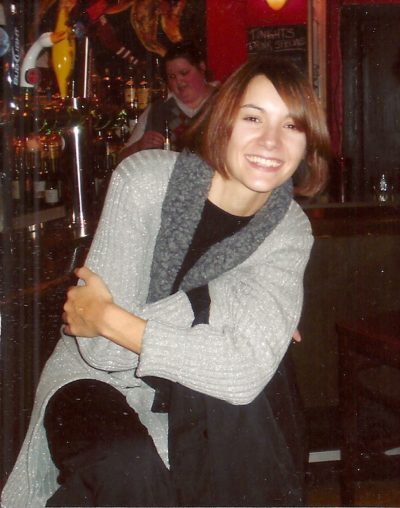
How Chandra died
There was a message on my answering machine when I arrived back home from running some morning errands. A social worker at the emergency room of University Hospital had called with a very grave message about my daughter. She was seriously injured from a self-inflicted gunshot wound to her head.
They told me that the next 24 hours would be critical. She was placed on a respirator that kept her alive. If she wasn’t able to breathe after they removed the life support system, then the inevitable had to be faced — she would not survive. After the self-sustaining breathing procedure was performed, the lead medical doctor gave us the sobering news: Chandra was not able to breathe on her own and, consequently, was taken off life support.
How we responded to Chandra’s death
I was devastated by Chandra’s death. I did not know how I was going to survive, myself. I slowly started to see signs I had to do something. My grieving process was incredible. I went through stages of intense pain, anger, sadness, guilt and, eventually, forgiveness. Shortly after Chandra’s funeral, her family and I purchased a beautiful memory bench and placed it between two strong oak trees located in a quiet and peaceful sanctuary in Token Creek, Wis. Chandra visited this preserve regularly. It was a favorite place for her to go and find peace. It still is for me.
Another form of healing that I experienced was finding Chandra’s Bible in a storage bin among her belongings. As I opened her Bible, I discovered numerous quotations and inscriptions written, as if she were talking directly to Jesus.
After several long years of agonizing grief, I started Journey For Chandra. Its purpose is to create awareness about the ravages and destruction of addiction and mental illness. My goal is to inspire and help others while being a change agent who makes a passionate call to action. We opened Chandra’s House of Hope in March 2018. It is a sober living home for young women in Madison, Wis., named after Chandra and in partnership with Tellurian, Inc., a nonprofit agency providing services relating to substance abuse, addictions and mental illness.
If I could say one thing to Chandra, it would be this
First I would tell her how proud I am that her story is in front of the world now, where it belongs. Because of this, we have been so blessed to finally raise awareness to effect change in this fight through the Journey For Chandra and Chandra’s House of Hope … God’s will.
I would tell her how proud of her I am — proud that she fought hard for her life and psychological survival. I would tell her how I so admired her fight and determination to find justice in this broken world. I would tell her it wasn’t her fault — that we failed her. I would tell her that I finally know and understand that her healing was not meant for this world. I would tell her that I know and have been shown that she is now embraced in Jesus’ loving arms forever. Finally, I would tell her “because she lived, and eventually died; we live!”

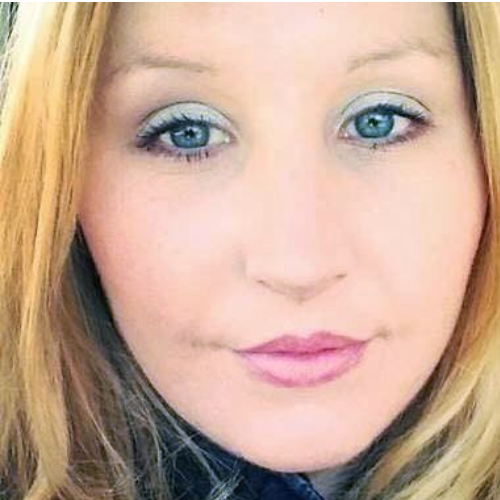
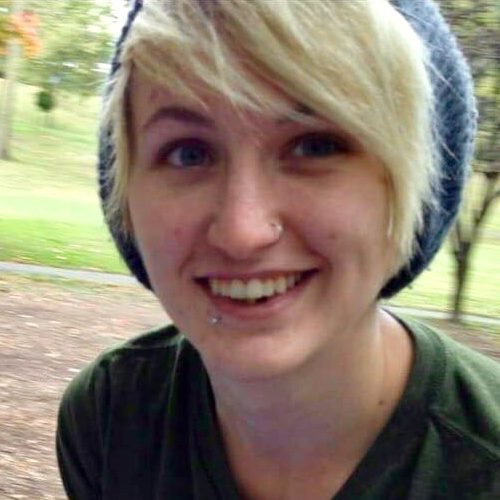
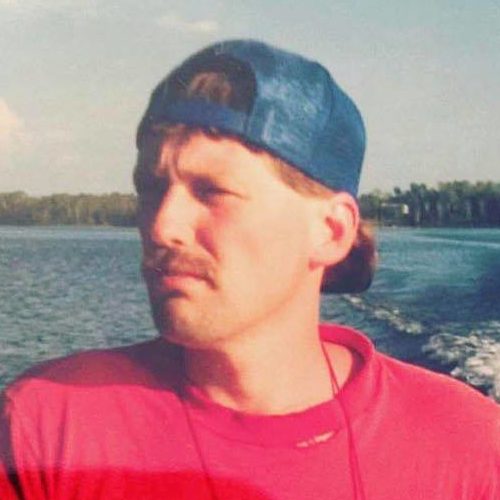
Leave A Comment